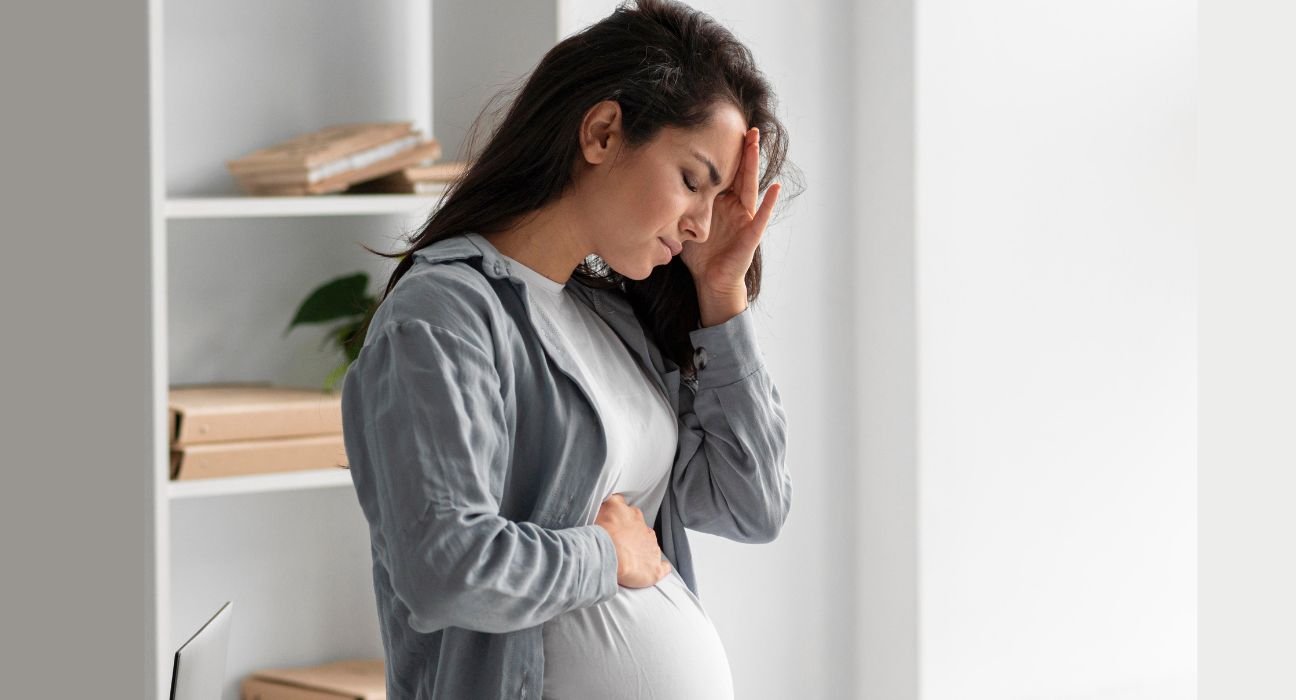Perinatal depression is a mood disorder that occurs during pregnancy and after childbirth. In rare cases, the symptoms are severe enough that a mother and her baby’s health and well-being may be at risk.
Read More: Understanding and Preventing Perinatal Depression
A study from Karolinska Institute published in the journal PLOS Medicine shows a Bidirectional link between premenstrual disorders and perinatal depression. Premenstrual disorder is a condition characterised by physical, emotional, and behavioural symptoms that occur cyclically, typically between ovulation and a period of the menstrual cycle. Premenstrual dysphoric disorder (PMDD) affects 1.2 to 5% of women of reproductive age.
Qian Yang, affiliated researcher at the Institute of Environmental Medicine, Karolinska Institutet and one of the main authors of the paper says, “We can show that women with PMS or PMDD have a higher risk of developing perinatal depression and vice versa.”
Qian Yang says, “we also showed an association between premenstrual disorders and antenatal depression, suggesting that there might be a subgroup of antenatal depression that is related to hormone changes as well.”
Study signifies, nearly 3% of those with perinatal depression had also had premenstrual disorders before pregnancy, compared with 0.6% of the others. Dr. Thompson remarks, “By integrating routine screening for both conditions into prenatal and postpartum care settings, healthcare providers can better identify at-risk individuals and offer tailored interventions to support maternal mental health.”
Liverpool Women’s Hospital reproductive-health consultant Dr Paula Briggs, chair of the charity Women’s Health Concern, hopes the study in the journal PLOS Medicine will raise awareness, particularly among midwives and health visitors, so women can be better supported. She says that we need more acknowledgement of that.
The problem can grow as severe as leading to suicides as per Dr. Briggs. This has not been taken as seriously as it should have been. There is still no licensed treatment available. However, the condition can be treated with hormone drugs, antidepressants or talking therapies.
More than that, it is necessary to destigmatize the notions surrounding reproductive health and mental well-being. Open discussion, availability to the resources, education are some of the ways this can be ensured.
Findings of this study serve as a catalyst for innovative approaches to perinatal care and support.
iCall Suicide Helpline: 9152987821













Leave feedback about this